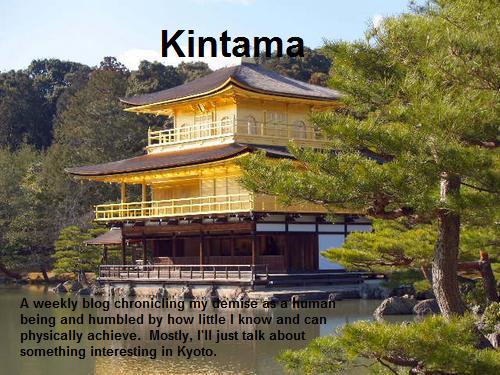However, it was not always like that in Japan. Prior to and during WWII, the Japanese government tried to create a totalitarian regime in Japan. In order to glorify Japan, they had to wipe out outside influences on "Japanese things" like language. This came up in class a couple of weeks ago as we read from an excerpt. The word seidouki came up in the passage. If you don't know Japanese, don't bother remembering this word (I unfortunately have...) because no one will understand you if you say it. Instead, use the syllabic form of the word break, "bu-re-ki." During this period they wiped out such words as "break" and made Japanese words such as seidouki which breaks down to sei (can mean "restrain"), dou ("movement"), and ki (machine), if you look at the characters that make up the word.
This is what the teacher said, but it is natural to ask if there weren't anything that resembled a break in Japan before the West came knocking on its door.
To make the point clearer, you have to look at Japanese baseball. Japanese baseball was introduced to Japan through America (it would be amazing if they created the same game independently). They call strikes "su-to-ra-i-ku" and balls "bo-ru" in the same fashion as they call breaks "bu-re-ki," but during the war period it became yoshi for strikes and dame for balls. First base became ichirui and you couldn't call the pitcher anything but toushu (throwing hand/person). I'm not an expert on Japanese baseball terminology, so I don't know exactly what was there before and changed into "pure" Japanese during the period, so I can't really say how much of the changes still remain; yet it is still interesting to see the power and importance of language....and hell, I thought it would make an interesting post.



